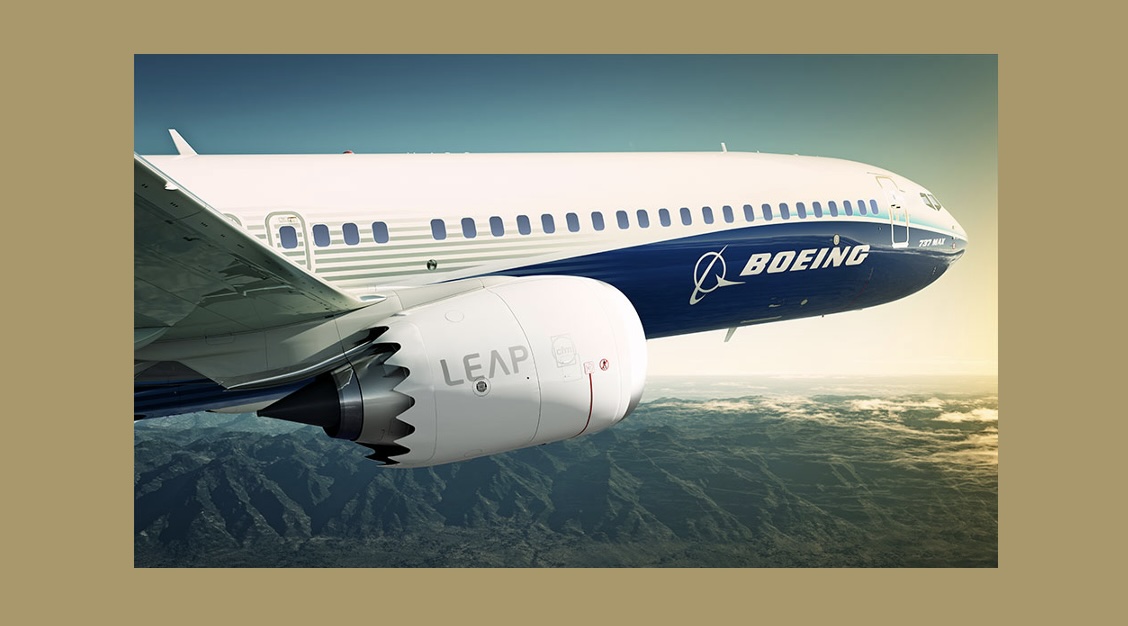What Happened to Boeing’s Culture?

At FS/A, we are considered organizational culture experts, and we are fascinated by the lack of understanding of the importance of culture, whether on a sports team or at a Fortune 500 corporation. Boeing is giving us a case study on what can happen when corporate culture is not respected, nurtured, and invested in.
Reflecting on Boeing’s decline in international reputation in recent years, we can’t help but feel a sense of loss. How did a company that has built more than 100,000 planes—including Air Force One—and was revered globally become one that creates trepidation in those who step onto its planes today?
A disciplined culture changed.
Following the 1997 merger with McDonnell Douglas, Boeing’s robust culture eroded. Subsequent safety issues with the Boeing 737 have put the company under international scrutiny and underscored the profound impact of a weakened corporate culture. As Forbes aptly put it, “Boeing’s current travails about safety issues with the 737 MAX 9 can arguably be traced to the company’s weak corporate culture.”
And from a recent Bloomberg article, “‘This isn’t new,’ United Airlines Holdings Inc. CEO Scott Kirby said Tuesday in an interview on CNBC, ‘My own assessment is that this goes all the way back to the McDonnell Douglas merger, and it started a change in culture.’”
Boeing possessed an innovative, engineering, and decentralized decision-making culture with responsibility throughout the organization. On the other hand, McDonnell Douglas was more bureaucratic and focused on cost-cutting. Mergers create tension among team members as the new culture is different. When we take on new clients at FS/A, a focus on culture clarification is among the first steps we take in our work together, and it should be a priority in any merger. When all team members understand the organization’s shared culture, some will recognize they are in the wrong garden and seek a new environment to thrive. Likewise, those who feel they have found their footing can proactively ensure what is working is kept and what is not working gets addressed. This still needs to be done at Boeing.
Understanding the Clash of Competing Values
The Boeing-McDonnell Douglas merger exemplifies the clash of competing values of innovation and entrepreneurialism with control and formalization. The Competing Values Framework developed by Robert E. Quinn and Kim S. Cameron at the University of Michigan has one of the world’s most popular organizational surveys—the Organizational Culture Assessment Instrument—which reveals this culture disconnect.
This framework seeks to understand a biased direction of your culture in:
Friendly and Collaborative versus Competitive and Results-Oriented
and
Innovative and Entrepreneurial versus Control and Formalization
Clearly, Boeing’s culture shifted from innovative and entrepreneurial to control and formalization without leadership understanding the ramifications of not having team buy-in.
Boeing has not been alone in misunderstanding the dynamics of merging opposing cultures.
- Nokia had a dominant presence in the mobile phone industry and a culture built on innovation. However, its entrepreneurial spirit was lost in its merger with Microsoft’s more controlling culture.
- HP’s legendary role-model culture, built on innovation and entrepreneurship, was lost when it joined Compaq’s hierarchical, process-oriented culture.
- Chrysler’s entrepreneurial and innovative culture was lost when incorporated into Daimler Benz’s control-oriented culture; Daimler sold Chrysler a few years later.
Failure to understand the differences between cultures being merged and the creation of a grassroots agreement on how they will move forward induces stress and inefficiencies and inhibits flow.
A lack of respect and understanding of organizational culture may be the most significant jeopardizing factor for merger sustainability.
#Team #TheShiftFromMeToTeam #CompetingValuesFramework #OrganizationalCulture #Culture #Boeing






